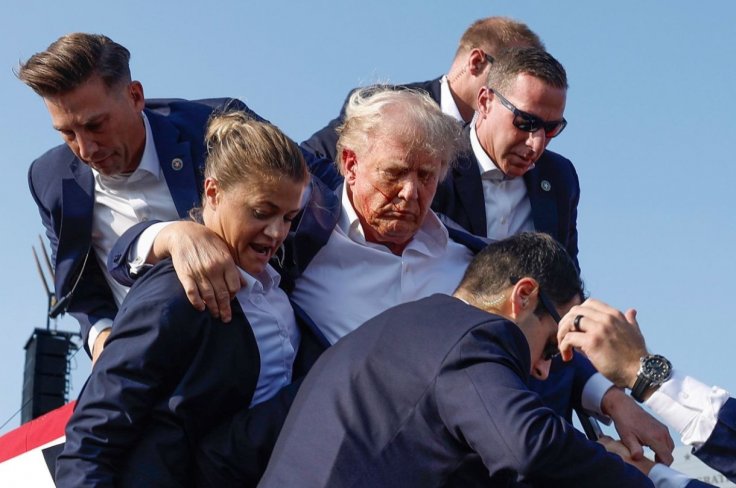Facebook has admitted to mistakenly censoring a viral image of former President Donald Trump taken after the assassination attempt on July 13 in Pennsylvania. The controversial image, which shows Trump defiantly raising his fist while bleeding, was flagged as misinformation by Meta's Facebook. Adding to the issue, Meta's AI chatbot incorrectly labeled the assassination attempt as "fictional" in some responses.

The censorship sparked outrage when a Facebook user named 'End Wokeness' reported facing threats of deplatforming for sharing the real image. 'End Wokeness' highlighted the irony of Facebook's actions, pointing out that Facebook CEO Mark Zuckerberg had praised the image just days earlier. The post quickly gained traction, amassing over 884,000 views within 15 hours.
Meta spokesperson Dani Lever apologized for the error on social media, stating that the fact-checking system mistakenly flagged the real photo due to its initial application to a doctored image. "This has been fixed and we apologize for the mistake," Lever said.
Despite this, some users remain skeptical, arguing that such errors disproportionately impact conservative viewpoints. Comments on social media suggested that these mistakes tend to favor one political side over the other, adding to the controversy.
In a related issue, Meta's chatbot incorrectly referred to the assassination attempt as "fictional," while acknowledging real events like Kamala Harris' 2024 presidential campaign. Meta has acknowledged the issue and is working to correct the chatbot's inaccuracies.
Meanwhile, Google has also come under fire for its Autocomplete feature, which allegedly failed to provide suggestions related to Trump's assassination attempt. Searches for similar events involving other U.S. presidents yielded results, but searches related to Trump's attempt did not. This omission has led to accusations of election interference, with Donald Trump Jr. and Texas Congressman Chip Roy criticizing Google for supposedly favoring Vice President Kamala Harris in the upcoming election.
Elon Musk also joined the criticism, questioning the fairness of Google's search results and suggesting a potential bias against Trump. Google responded by stating that no manual action was taken to alter search suggestions, and that improvements are underway to ensure accurate and up-to-date results.
Senator Roger Marshall has called for an official inquiry into Google's search practices, questioning the reasons behind the lack of search suggestions for Trump-related topics. Marshall also highlighted similar issues with searches related to other political figures.
The controversy underscores ongoing concerns about bias and misinformation in digital platforms, with both Facebook and Google facing scrutiny over their handling of politically sensitive content.









